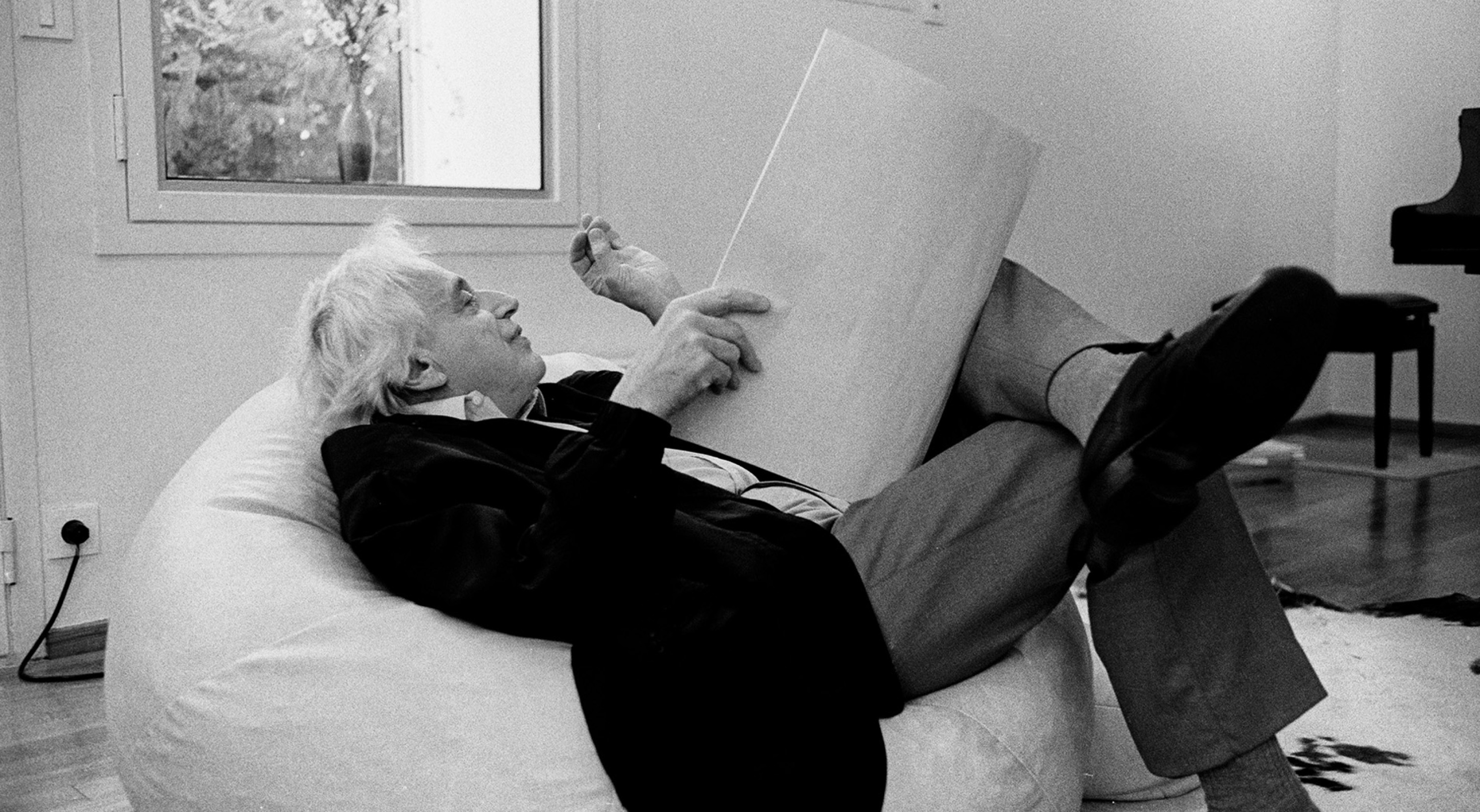György Ligeti
Le Grand Macabre
Le Grand Macabre
Opera in two acts (1978), concert version
First performance of the final 1996 version in French
François-Xavier Roth, conducting
Orchestre National de France
Chœur de Radio France – Lionel Sow, conducting
Maîtrise de Radio France – Sofi Jeannin, conducting
Arnaud Arbet, translation and musical assistant
Joël Soichez, musical assistant
Benjamin Lazar, staging
Robin Adams, bass-baritone – Nekrotzar
Andrew Watts, countertenor – Prince Go-Go
Lucile Richardot, mezzo – Mescalina
Olivier Gourdy, baritone - Astradamors
Sarah Aristidou, soprano – Chief of the Gepopo / Venus
Judith Thielsen, mezzo – Amando (Spermando)
Marion Tassou, soprano – Amanda (Clitoria)
Matthieu Justine, tenor – Piet The Pot
Paul Curievivi, tenor – White Minister
Charles Rice, baritone – Black Minister
Soloists of the Choir – Ruffiack, Schobiack, Schabernack, Black Minister, White Minister
Radio France and the Festival d'Automne à Paris present this opera in co-production
Concert broadcast live on France Musique
Loosely based on Belgian playwright Michel de Ghelderode's La Balade du Grand Macabre (1934), György Ligeti's only opera is a masterful piece of work, a “black farce”, between burlesque and tragedy. The ensuing bursts of laughter, mingled with terror, poke fun at a form of death in disarray and promises us a reprieve, if not an eternal life, of joy and pleasure.
Nekrotzar, a baroque, demonic variation on Dracula, and tsar or thief of death, announces the imminent destruction of the world, the Last Judgment. But the death knell does not sound, and the “great act of extermination” is foiled by wine, whose colour is all that it shares with blood. In this work, Ligeti amasses ancient models: carnival, medieval farce, the Rabelaisian world, in all its cowardice bordering on the obscene, puppet theatre, and comic book characters spouting insults and diatribes… There is much drinking, eating, and fornicating in varying degrees of perversion. As well as a fear of the alarum bells of the Apocalypse, the dancing skeletons, and the scythe that cuts down all life. Similar in nature to these mismatches, or collages, are the libretto, with its incorrect Latin expressions and truncated quotations by Saint John, intriguing timbres of the orchestra (horns, bells, sirens and harmonicas), allusions and self-quotes. It is reminiscent of Monteverdi, Verdi and Mozart, and their ability to give life, through music, to characters and situations. We are also made to think of Bosch, or the pig running about with a carving knife slipped under its skin in Brueghel's The Land of Cockaigne. The piece serves as a catharsis to the terrors of history and our lives.
